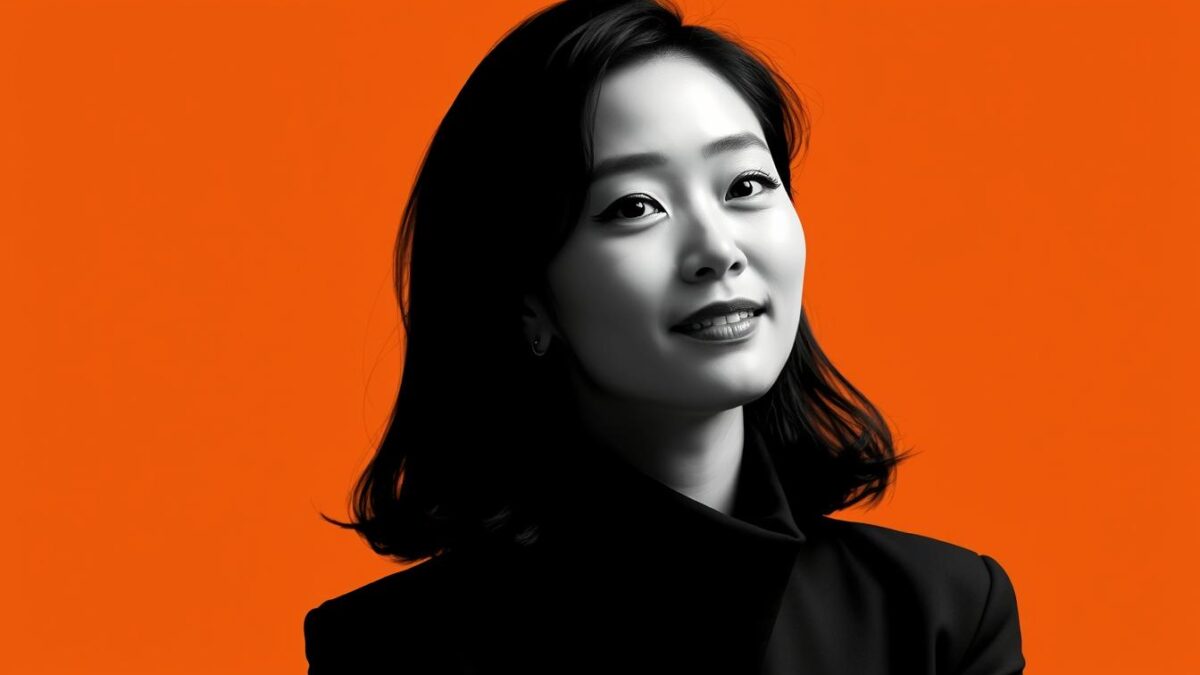Some performers arrive with a bang. Others build their presence with quiet, steady craft. This Japanese actress belongs to the latter group. Her career is a testament to discipline and a deep respect for the art of storytelling.
Born in Yokohama in 1987, she is now 38 years old. Her journey began extraordinarily early. She entered the acting world at just five years of age, a commitment that has defined her life.
Her work spans over three decades. It moves from childhood roles to leading parts in major dramas and films. She chooses characters that challenge her and reflect the lives of women across different eras.
Even while her star rose, she prioritized education. She graduated from Meiji University, majoring in theater and literature. This balance of intellect and artistry shapes her unique appeal.
She commands the screen not with celebrity noise, but with resonant performances. Her legacy is one of consistency, integrity, and a focus on characters that endure.
Introduction and Early Career
A single fan letter transformed a young actress’s casual interest into a lifelong commitment to her craft. This moment of connection solidified her path forward.
Early Beginnings and Childhood in Yokohama
Mao Inoue’s start was humble. Her mother enrolled her in acting classes at four. This led to her first television role at age five.
She joined Gekidan Tohai, a company for young talent. Acting was not her main focus initially. That changed after receiving her first fan letter.
The ‘Kids War’ series from 1999 was her big break. She played Akane Imai for five seasons. Her catchphrase, “Zaken na yo!”, became a pop culture hit.
Breakthrough Role in Hana Yori Dango
Her career-defining role came in 2005. She was cast as Tsukushi Makino in ‘Hana Yori Dango’. The show was a massive hit across Asia.
Her portrayal of the resilient working-class girl earned a Best Actress award. The series led to a sequel and a film. The film was the second highest-grossing that year.
This success cemented her status. It made Mao Inoue a household name. The role remains a landmark in Japanese television drama.
Filmography Highlights and Impact
Her filmography maps a deliberate path from teen idol to respected dramatic actress. Each role was a conscious step, building a portfolio defined by emotional depth and critical acclaim.
Television Masterworks and Award-Winning Dramas
Inoue’s capacity for carrying profound narratives shone in the 2011 morning drama, “Ohisama.” She portrayed Yoko Sudo, a woman enduring the trials of World War II in rural Nagano.
This long-form television drama earned her a Best Actress award. It showcased a quiet strength that resonated across generations.
Notable Films and Box Office Successes
Her cinematic work reveals similar range. The 2009 movie “I Give My First Love to You” was a romantic drama breakthrough. She portrayed young love shadowed by illness with tender heartbreak.
The role of Tsukushi Makino concluded with “Boys Over Flowers: Final,” the second-highest-grossing film that year. But a turning point came with 2011’s “Rebirth.”
This performance as a traumatized daughter won her the Japan Academy Film Prize for Best Actress. It cemented her status as a serious film artist.
She later starred in the blockbuster war film “The Eternal Zero” and the suspenseful “The Snow White Murder Case.” Each project proved her powerful box office draw and versatile skill.
Personal Journey: Life, Endorsements & Accolades
A university campus became her sanctuary during peak fame years. While most rising stars chase every opportunity, Mao Inoue chose balance over burnout.
Personal Life, Education, and Endorsements
At eighteen, she enrolled at Meiji University to study theater and literature. She selected Chinese as her second language, showing intellectual depth beyond acting.
Despite her growing popularity, she paused her career to focus on graduation in 2009. This discipline extended to her endorsement work with major brands like Mizuho Bank and Asahi Breweries.
Her film choices reflected this thoughtful approach. She starred in “My Darling Is a Foreigner,” a cross-cultural comedy, and reunited with Shun Oguri for “Veterinarian Dolittle.”
The princess role in “Anmitsu Hime” showcased her versatility across two specials. She even contributed to the theme song. The comedy “Tug War!” proved her range beyond serious drama.
Awards, Nominations, and Industry Recognition
Recognition came early and consistently. She won Best Actress for “Boys Over Flowers 2” in 2007 at the Nikkan Sports Drama Grand Prix.
The following years brought more honors. She earned the Japan Academy Film Prize for Best Actress for her powerful work in “Rebirth.”
Newcomer awards from the Tama Film Awards and Elan d’or Awards highlighted her rising status. Each trophy seemed to fuel her desire for more challenging roles rather than resting on acclaim.
Mao Inoue: Cultural Icon and Global Influence
Her influence stretches far beyond the television screen, shaping the very landscape of Japanese pop culture. This actress represents a generation of artists who balanced commercial success with serious artistic ambition.
Her career is a map of deliberate choices and lasting impact.
Impact on Japanese Drama and Pop Culture
The series Hana Yori Dango redefined romantic drama for a generation. Her portrayal of Tsukushi Makino became an iconic symbol of resilience.
The character’s emotional honesty influenced how female leads were written in subsequent television series.
She later took a bold step with the 2015 NHK taiga drama, Burning Flower. When the series faced low ratings, Mao Inoue publicly took responsibility.
This rare act of accountability revealed her deep integrity. After a hiatus, she returned with the 2017 drama School Counselor, demonstrating resilience.
International Recognition and Evolving Career
Hana Yori Dango transcended borders, introducing international audiences to the power of Japanese storytelling. Her known roles made her a cultural ambassador.
She expanded her range into animation, voicing the lead in Rudolf and the Black Cat. This showed her skill in pure vocal performance.
In 2023, she starred in Why Didn’t I Tell You a Million Times? This marked her return to TBS after many years.
It proved her enduring appeal and connection to audiences. From the suspense of The Snow White Murder Case to period comedies, her film choices consistently challenge and provoke thought.
Final Reflections on Her Enduring Legacy
Legacy is built not in moments of fame, but in the quiet dedication to craft across decades. Mao Inoue’s career sends a powerful message about artistic integrity. Each role she chooses reflects a deep respect for storytelling.
At 38 years old, she continues to work with the same commitment that defined her early television drama appearances. Her three-decade career spans every page of modern Japanese entertainment. From child actor to leading actress, she has never stopped evolving.
Each new season brings another complex character. Every film and television show demonstrates her range. The message remains clear: craft over celebrity, always.
Mao Inoue’s enduring appeal comes from this consistent approach. She honors every episode and every role with the same seriousness. Her legacy will be studied for years to come.




